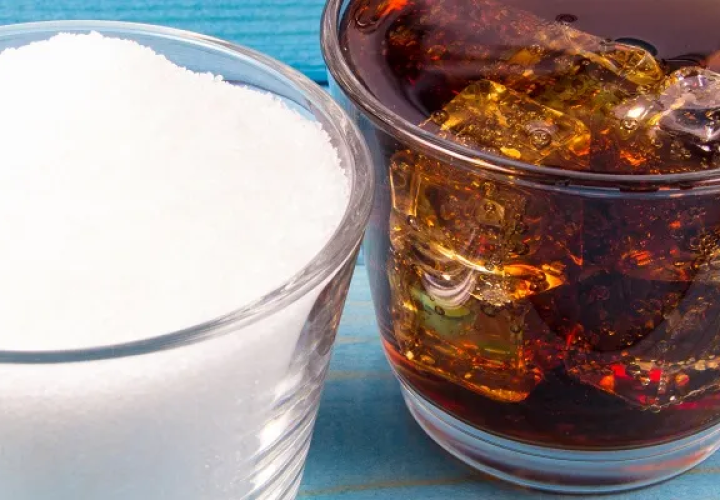Fortunately, advances in both nutrition science and policy are beginning to address this public health crisis. Researchers at the University of California San Francisco (UCSF) developed SugarScience, a national evidence-based initiative about the impact of sugar on health. A consensus policy statement from the American Academy of Pediatrics, the American Heart Association, the American Academy of Pediatric Dentistry, and the Academy of Nutrition and Dietetics offers guidance for beverage consumption in children younger than 5 years old that removes juice and other sugary drinks. Towns such as Berkley, California and Philadelphia, Pennsylvania have instituted sugar sweetened beverage excise taxes, which have been shown to reduce consumption. Hospitals around the country such as Nationwide Children’s, Colorado Children’s, Seattle Children’s, Cleveland Clinic, Rady Children’s Hospital, and Dartmouth-Hitchcock Medical Center have implemented Healthy Beverage Initiatives. Such initiatives phase out the sale of sugary drinks in their cafeterias, vending machines, and gift shops to promote healthier beverage options that will contribute to the health of their patients, families, visitors, learners, and staff.
The U.S. Department of Health and Human Services has outlined its Healthy People 2030 goals, which include a reduction in the consumption of added sugars by persons 2 years of age and older. The American Academy of Pediatrics states that sugar sweetened beverages are detrimental to child health. As we take a broader look at the degree to which unhealthy foods and beverages contribute to disease in children, organizations must be aware of the messages and tacit approval they send with the beverages they sell to customers and team members. We must also look for opportunities to implement changes in policy, systems and our environment that not only make consumer choices healthier, but that make them easier as well.
